#alain jouffroy
Explore tagged Tumblr posts
Text




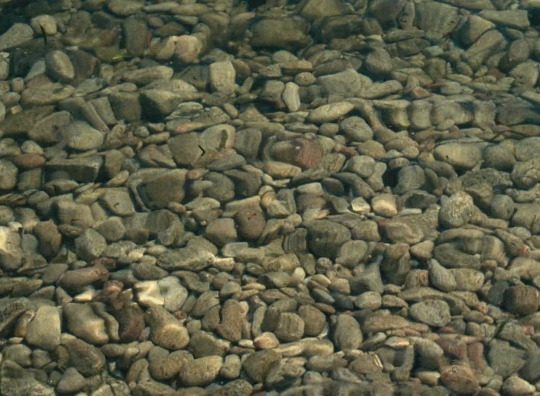

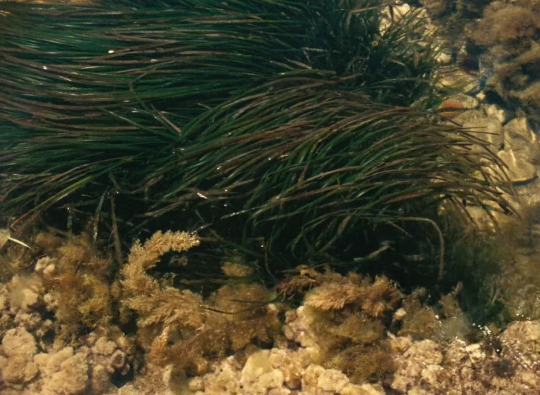

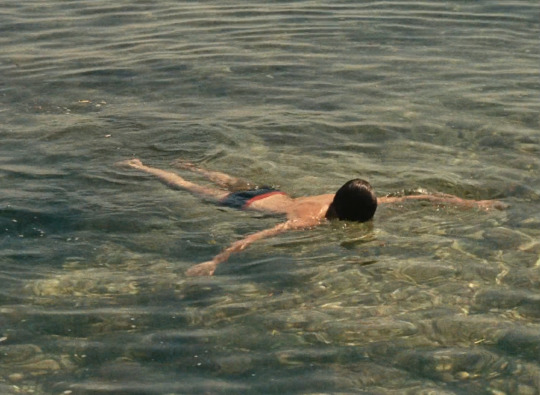
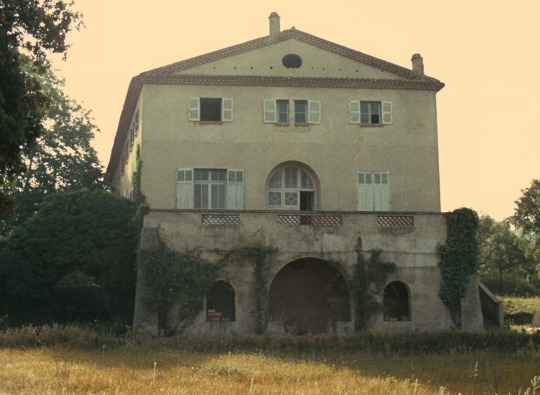



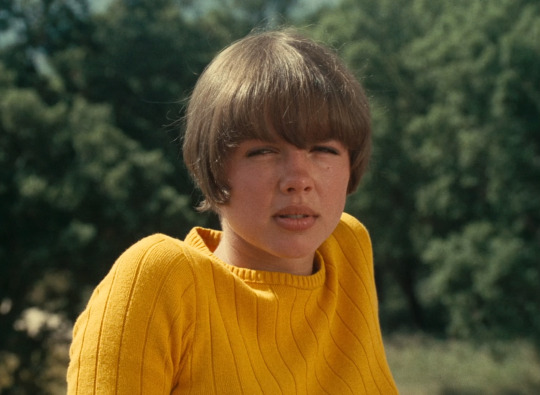

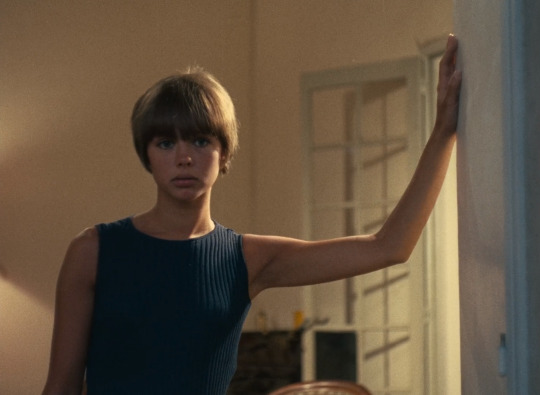


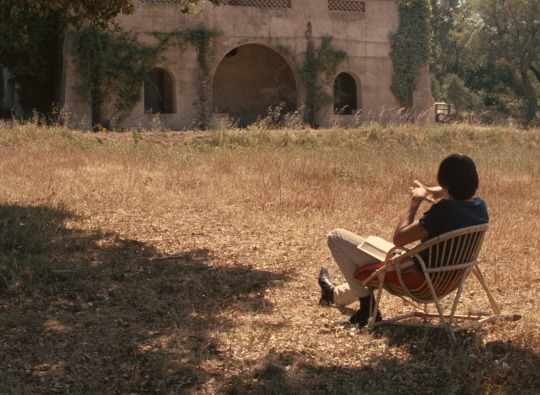

La Collectionneuse. 1967. Éric Rohmer. France.
#la collectionneuse#eric rohmer#éric rohmer#haydée politoff#Patrick Bauchau#Daniel Pommereulle#Alain Jouffroy#Mijanou#Annik Morice#Dennis Berry#Seymour Hertzberg#st tropez
91 notes
·
View notes
Text
Depuis Rimbaud, la modernité de la poésie nous fait saisir que la limitation de la vie offre la chance, unique, d’agir durablement par les mots. Encore faut-il savoir vivre sa vie de telle manière que nous puissions les jeter dans ce mouvement d’ouverture à la « réelle lumière » sans lequel l’obsession de la nuit bloque, sans mots, toutes les issues. La poésie est, pour chacun, le premier mais aussi le dernier recours contre l’invivable.
Alain Jouffroy. La poésie à vivre. 2023
8 notes
·
View notes
Text


NE PASCO FONDRE LES DEUX ŒUVRES ***1963 J'ai écrit Un rêve plus long que la nuit pour entrer dans l'inexplicable. Est-ce un roman ? Une confession ? Un poème en prose ? Je n'en sais rien : j'ai seulement tenté de rendre présente une fascination quotidienne.
Certes, j'ai aimé Romana, oui, j'ai connu Mona, et j'ai vécu cette vie coupée en deux, en trois. L'existence de ces deux femmes est devenue plus onirique dans ma mémoire qu'elle ne l'était réellement : c'est en fermant les yeux que j'ai vu se dresser ce théâtre où ma vie s'est jouée. Bien sûr, la couleur des choses a changé, le point de fuite de la perspective a été déplacé, qu'y puis-je ? On ne dirige pas la poésie, quand elle se confond avec la réalité immédiate jusque dans la mort.»
Alain Jouffroy.
0 notes
Text
baruchello @ centre pompidou oggi
Fondazione Baruchello Gianfranco Baruchello A partire dal dolce | Doux comme saveur Inaugurazione venerdì 25 ottobre 2024 ore 18.00 – 20.00 26 ottobre 2024 – 10 marzo 2025 CENTRE POMPIDOU Espace des Collections, Niveau 4 Doux comme saveur, 1979, still da film (nell’immagine Gianfranco Baruchello) Continue reading baruchello @ centre pompidou oggi

View On WordPress
#000000#A partire dal dolce#Alain Jouffroy#Carla Subrizi#Centre Pompidou#Cinéma du Musée du Centre Pompidou#David Cooper#Doux comme saveur#Enrico Camporesi#Félix Guattari#Fondazione Baruchello#Gianfranco Baruchello#Gilbert Lascault#intervista#interviste#Jean-François Lyotard#Jonathan Pouthier#Noëlle Châtelet#Philippe-Alain Michaud#Pierre Klossowski#progetto multimediale#video
0 notes
Text
Nella tua sola luce
Io respiro sul ciglio delle tue palpebreE tra le dita ti scorrono i miei giorni scintillantiLontano da te la mia voce è la tua fontanaE durante il sonno in me circola il tuo sangueGrande ombra bianca stesa sul mio visoChe nessuno vede e che mi apre la vistaLa mia presenza è la mia gioia nella tua sola luce Alain JouffroyPh MLM

View On WordPress
1 note
·
View note
Text


Lundi
Grâce aux agrumes en pots, la terrasse est ensoleillée même sous la pluie. C'est un vrai plaisir de voir rougir les mandarines et jaunir les oranges. L'attente prend des couleurs. Hier, via Skype, le Kid nous a joué spontanément trois morceaux à la guitare et récité un poème. C'était trop beau. "Chacune des joies que tu éprouves est un secret de plus arraché à la monotonie du monde." (Alain Jouffroy, Le roman vécu).
7 notes
·
View notes
Text

Haydée Politoff in La Collectionneuse (Éric Rohmer, 1967)
Cast: Patrick Bauchau, Haydée Politoff, Daniel Pommereule, Alain Jouffroy, Mijanou Bardot, Annik Morice, Dennis Berry, Seymour Hertzberg. Screenplay: Éric Rohmer. Cinematography: Néstor Almendros. Film editing: Jackie Raynal. Music: Blossom Toes, Giorgio Gomelsky.
The French New Wave films launched numerous film acting careers, most notably those of the hyphenated Jeans: Jean-Paul Belmondo, Jean-Louis Trintignant, and Jean-Pierre Léaud. One of the longest of them has been that of Patrick Bauchau, the lead actor of Éric Rohmer's La Collectionneuse. Though his name may not be as well-known as the other three, he has worked steadily since his uncredited debut in Rohmer's short film Suzanne's Career (1963), the second of the director's "Six Moral Tales." La Collectionneuse is the fourth of the tales. though it was filmed before the third in the series, My Night at Maud's (1969). It was an impressive feature debut for Bauchau, whose later work includes a turn as a Bond villain in A View to a Kill (John Glen, 1985), and appearances on many American TV series. Bauchau's character, Adrien, is introduced to us in one of three brief prologues. The first shows Haydée (Haydée Politoff) walking along the beach in a bikini. In the second, the artist Daniel (Daniel Pommereulle) discusses one of his pieces, a paint can studded with razor blades, with a writer (Alain Jouffroy). And in the third Adrien and his girlfriend, Carole (Mijanou Bardot), and a friend of hers (Annik Morice), talk about beauty in that elevated French intellectual way familiar to viewers of Rohmer's films. We learn that Adrien is going to stay with Daniel in a house in the south of France while Carole does a modeling job in London. When the two men get to the villa they discover that they're sharing it with the 20-year-old Haydée. The potential of this ménage à trois is obvious, especially after Adrien finds Haydée in bed with a young man -- the first of many. But this being one of Rohmer's morality plays, things do not go quite so obviously. For one thing, Adrien has sworn that he will spend his vacation doing nothing, which includes having sex. He calls Haydée a "collector" because of her sleeping around. But with actors as attractive as the young Bauchau and Politoff the sexual tension persists. The film develops into a satire on the pretensions and artifice of intellectuals, without ever tipping its hand in the direction it's going. (Though there is a priceless Chinese vase -- Adrien is an art dealer -- that is something of a Chekhov's gun.) Much of the film's dialogue was improvised by the three principals. The brilliant cinematography is by Rohmer's frequent collaborator Néstor Almendros.
2 notes
·
View notes
Text

Carte blanche à Alain Jouffroy, BPI du Centre Pompidou, juin 2012.
0 notes
Text
Comment votre travail a-t-il commencé?
J’avais fait avec lui Les Caractères de La Bruyère (1965) pour la télévision scolaire et une petite prestation dans La Carrière de Suzanne. Il m’a dit : «Je vais faire un troisième volet des “Contes moraux” qui va s’appeler La Collectionneuse. Je voudrais savoir comment les gens parlent entre eux aujourd’hui.» Il connaissait le milieu des Cahiers, le milieu de sa famille, mais il prétendait ne pas connaître le monde estudiantin parisien. Il n’était pas sûr des tours de phrase. Qu’est-ce que deux garçons seraient capables de se raconter l’un à l’autre à propos d’une fille? Quels mots emploieraient-ils et jusqu’où iraient-ils? Rohmer s’intéressait à la vie de ses personnages, à leur manière de parler, d’être, de s’habiller, de se présenter. La première chose qu’on a faite était des entretiens autour d’un magnétophone Uher, qui lui permettait de saisir nos tournures et de les mettre dans le texte. Il a fait un enregistrement avec moi, avec Haydée, avec Daniel. J'ai fait venir Daniel Pommereulle qui était un grand copain. Pommereulle, de son côté, avait suggéré l’écrivain surréaliste Alain Jouffroy, qui a une longue séquence dans l’ouverture de La Collectionneuse.
PATRICK BAUCHAU, acteur dans LA COLLECTIONNEUSE, dans AU TRAVAIL AVEC ÉRIC ROHMER : Entretiens avec ses collaborateurs
0 notes
Text

Alain Jouffroy // "When the artist internalizes the law of the market, he accepts the idea that the work only has value if it sells well... This is to forget that the function of art is to disrupt the dominant representations. It is to prefer success and docility to the marginality and disobedience of invention."
0 notes
Quote
Before all else, it is better to throw out the concept of "expression." What can rescue art from the closed circuit of "culture" is compression, not expression. The world will certainly not change because of people expressing the "self."
Alain Jouffroy, “L'Abolition de l'art“ (1968)
97 notes
·
View notes
Text
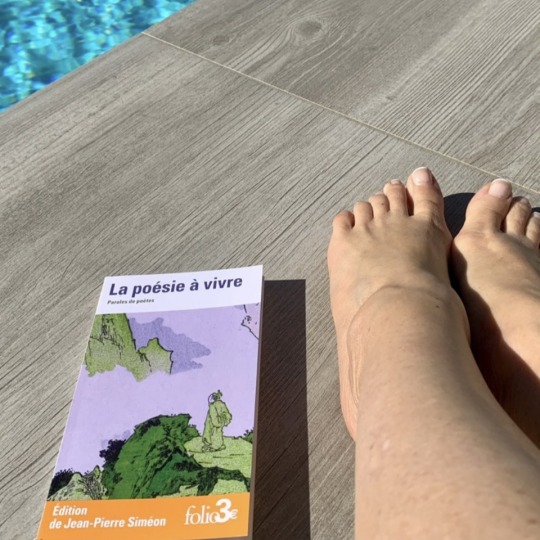
NOTE DE LECTURE : La poésie à vivre : Paroles de poètes. Marie Gagne - Jean-Pierre Siméon. 2023
Ce petit bouquin offre l'occasion de relire des extraits choisis par Jean-Pierre Siméon sur la question de la poésie. Pas seulement celle que l'on trouve dans les recueils et ouvrages, il s'agit ici de comment chaque poète envisage sa vie toute entière, d'où le titre : La poésie à vivre. J'avoue que j'ai été touchée par certains plus que d'autres : Andr��e Chedid, Alain Jouffroy, Jean-Pierre Siméon. Mais relire Rimbaud, Aragon, Eluard, à la lumière de cette perspective nous éclaire également, et donne une dimension presque politique à cette fonction. Ainsi que le conclut Jean-Pierre Siméon : "Vivre en poète, c'est ne pas renoncer."
PS : Lu en été 2023, au bord de la piscine, et chaussée des "semelles de vent".
8 notes
·
View notes
Text

Alain JOUFFROY 1928-2015 Le Parfait Criminel [Montpellier], Fata Morgana, 1971.

Édition originale. Alain Jouffroy écrivit ce texte "pendant le mois de mars 1971, cent ans exactement après la Commune". Exemplaire sur papier nacré du Japon
lithographie originale en couleurs d'Alain Le Yaouanc
artcurial.com
2 notes
·
View notes
Photo

I'm still interested in perversity. But nothing like that kind of chick.
The Collector (La collectionneuse), Éric Rohmer (1967)
#Éric Rohmer#Patrick Bauchau#Haydée Politoff#Daniel Pommereulle#Alain Jouffroy#Mijanou Bardot#Annik Morice#Dennis Berry#Seymour Hertzberg#Néstor Almendros#Blossom Toes#Giorgio Gomelsky#Jackie Raynal#1967
15 notes
·
View notes
Photo

Portrait d‘Alain Jouffroy - Jean Hélion, 1953
French, 1904-1987
Oil on canvas
58 notes
·
View notes
Quote
A toi la stupeur immobile de ma joie Mon sourire de marbre blanc Mon regard lavé dans la source du sous-bois A toi mes mains de ville ouverte A toi mes genoux d'écureuil A toi ma voix la plus lointaine A toi tout ce qui tisse nuit et jour à travers moi A toi la lagune où nous nous sommes connus A toi les revenants du soleil A toi ces palais de lilas dans nos yeux A toi tout ce qui est tout Ce qui change A toi L'explosion de la perle au coeur de l'oiseau noir
Alain Jouffroy, A toi, dans: C'est aujourd'hui toujours
6 notes
·
View notes